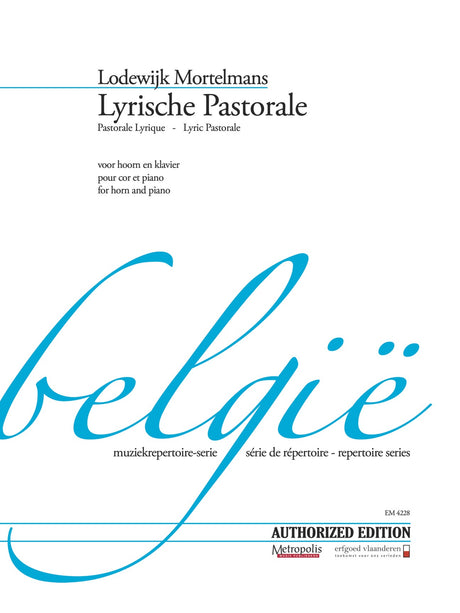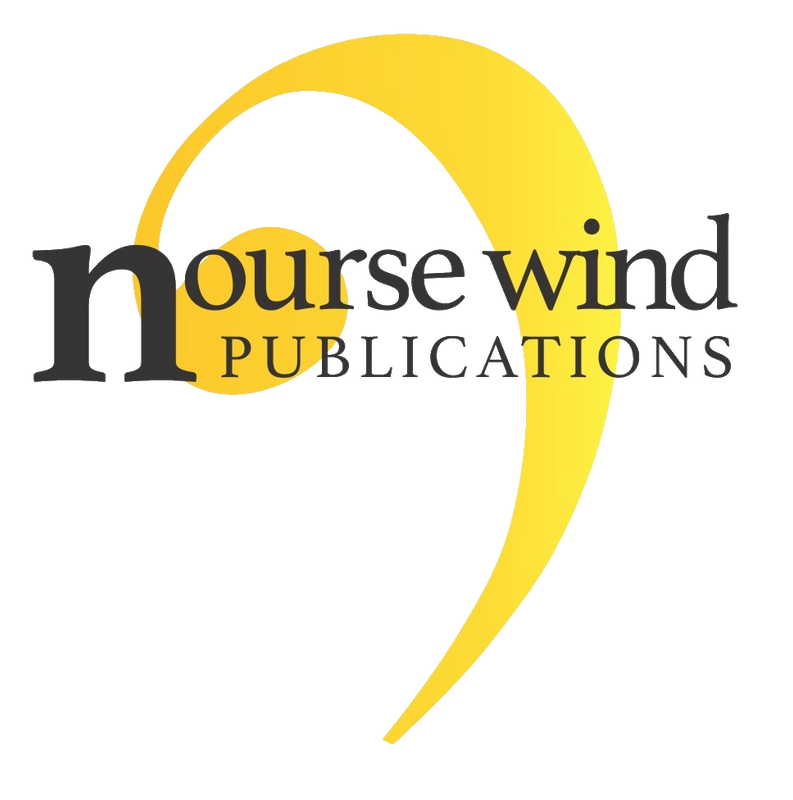Mortelmans, Lodewijk

Lodewijk Mortelmans (1868 - 1952) was a Belgian composer and conductor of Flemish ancestry. Sometimes called de Vlaamse Brahms ("the Flemish Brahms"), Mortelmans composed in a number of forms, including piano music and orchestral works, but he was most celebrated in his day for his art songs. Beginning in 1899, he often set the poetry of the priest Guido Gezelle. His opera De Kinderen der Zee (The Children of the Sea) was first produced in 1920 at the Vlaamse Opera.
Mortelmans was from a family of six surviving children born to Isabella and Karel Mortelmans. His father was a printer, and his elder brother Frans a painter. He was married twice. With Gabriella Mortelmans (d. 3 May 1917) he had seven children, two of which (Frits, d. 22 July 1917 and Guido, d. 10 January 1917) died with her in 1917. Mortelmans composed In Memoriam in her honour. His second wife was the pianist and teacher Gabrielle Radoux.
Mortelmans studied music at the Royal Flemish Conservatory in Antwerp, where his teachers included Peter Benoit, Joseph Tilborghs, and Jan Blockx, as well as Arthur De Greef (piano) and Hubert Ferdinand Kufferath (counterpoint). In 1893, he was a winner of the Belgian Prix de Rome with his cantata Lady Macbeth.
From 1901, Mortelmans taught counterpoint and fugue at the Royal Flemish Conservatory, and became its director on 6 September 1924. He retired from the post in 1933. His students included Lodewijk De Vocht, Marinus De Jong and Flor Peeters.
In 1903, with financial support from the patron François Franck, Mortelmans founded the Maatschappij der Nieuwe Concerten ("Society of New Concerts") in Antwerp, which attracted notable guest conductors and artists such as Gustav Mahler, Siegfried Wagner, Hans Richter, Richard Strauss, Sergei Rachmaninoff, Pablo de Sarasate, Jacques Thibaud, Pablo Casals, and Fritz Kreisler. Mortelmans was also a founder of the organisation NAVEA, which is now SABAM (Société d'Auteurs Belge - Belgische Auteurs Maatschappij). He also helped to found the Eugène Ysaÿe Violin Competition, which later became the Queen Elisabeth Music Competition.
































